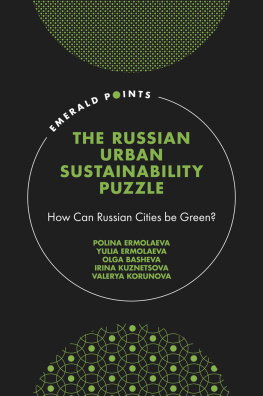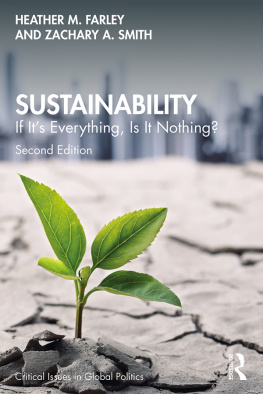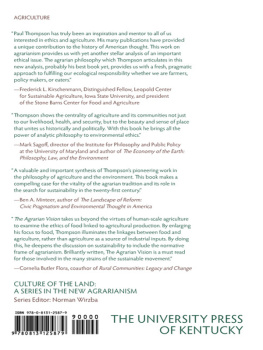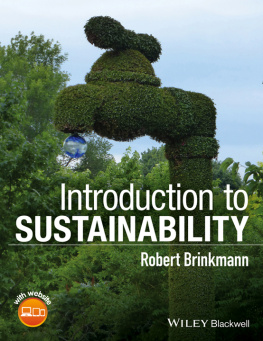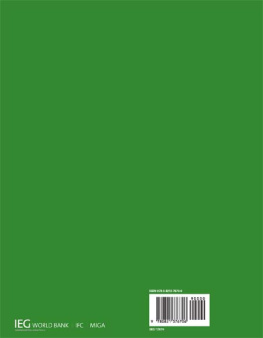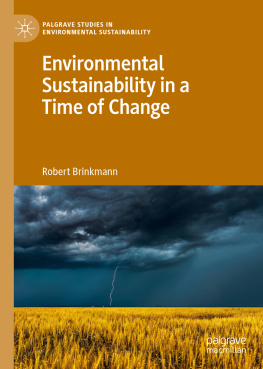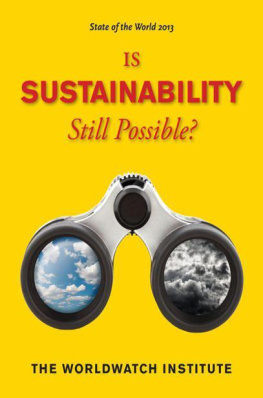Contents
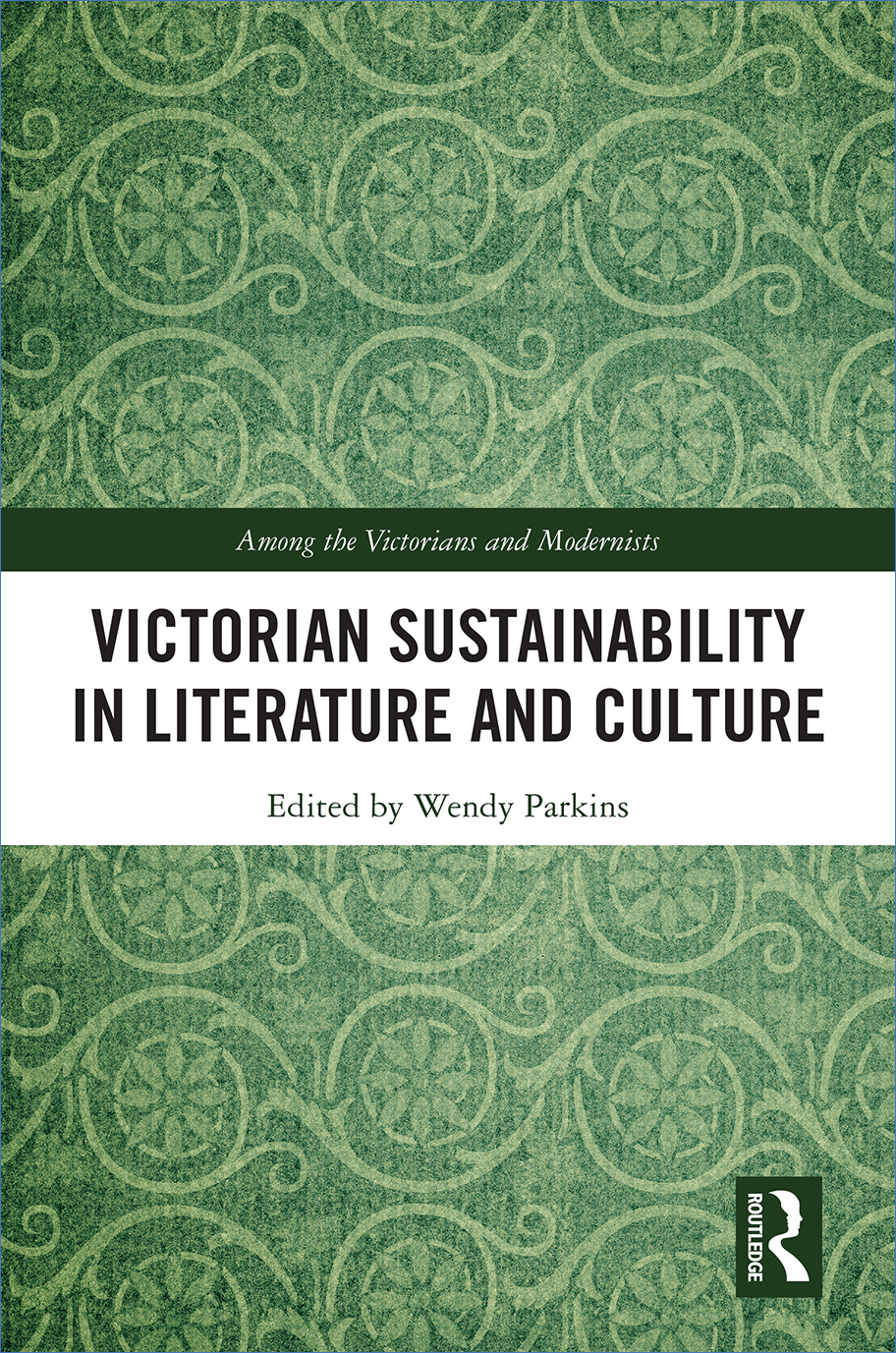
Victorian Sustainability in Literature and Culture
From a growing awareness of the depletion of energy resources and the perils of environmental degradation to the founding of self-sufficient communities and the establishment of the National Trust, the concept of sustainability began to take on a new importance in the Victorian period. An emerging sense of the fragility and instability of human and natural resources, and the deeply complex interweaving of the two, led many Victorians to consider how to preserve or protect what they valued, and how individuals, communities or even nations could survive and flourish in a world of finite resources. This collection explores not only nascent understandings of sustainability in ecological or environmental contexts, but also encompasses consideration of the problem of psychological sustainability and emotional wellbeing in response to the upheavals of modernity. With chapters by scholars working in literary studies, history, cultural studies and sustainability studies, the volume encompasses a wide diversity of topics, objects and authors ranging from the 1850s to the early twentieth century. Victorian Sustainability offers new perspectives on debates about sustainability in the present by showing how our current concerns derive from an earlier historical context.
Wendy Parkins is Professor of Victorian Literature and the Director of the Centre for Victorian Literature and Culture at the University of Kent, UK. She has published widely on William Morris, Charles Dickens, gender, and Victorian modernity and is the author of Jane Morris: The Burden of History (2013).

Among the Victorians and Modernists
Edited by Dennis Denisoff
This series publishes monographs and essay collections on literature, art, and culture in the context of the diverse aesthetic, political, social, technological, and scientific innovations that arose among the Victorians and Modernists. Viable topics include, but are not limited to, artistic and cultural debates and movements; influential figures and communities; and agitations and developments regarding subjects such as animals, commodification, decadence, degeneracy, democracy, desire, ecology, gender, nationalism, the paranormal, performance, public art, sex, socialism, spiritualities, transnationalism, and the urban. Studies that address continuities between the Victorians and Modernists are welcome. Work on recent responses to the periods such as Neo-Victorian novels, graphic novels, and film will also be considered.
1 Arthur OShaughnessy, A Pre-Raphaelite Poet in the British Museum
Jordan Kistler
2 Dialectics of Secrecy and Disclosure in Victorian Fiction
Leila May
3 Louise Jopling
Patricia de Montfort
4 Gender and the Intersubjective Sublime in Faulkner, Forster, Lawrence, and Woolf
Erin K. Johns Speese
5 Victorian Sustainability in Literature and Culture
Edited by Wendy Parkins
First published 2018
by Routledge
2 Park Square, Milton Park, Abingdon, Oxon OX14 4RN
and by Routledge
711 Third Avenue, New York, NY 10017
Routledge is an imprint of the Taylor & Francis Group, an informa business
2018 selection and editorial matter, Wendy Parkins; individual chapters, the contributors
The right of Wendy Parkins to be identified as the author of the editorial material, and of the authors for their individual chapters, has been asserted in accordance with sections 77 and 78 of the Copyright, Designs and Patents Act 1988.
All rights reserved. No part of this book may be reprinted or reproduced or utilised in any form or by any electronic, mechanical, or other means, now known or hereafter invented, including photocopying and recording, or in any information storage or retrieval system, without permission in writing from the publishers.
Trademark notice: Product or corporate names may be trademarks or registered trademarks, and are used only for identification and explanation without intent to infringe.
British Library Cataloguing-in-Publication Data
A catalogue record for this book is available from the British Library
Library of Congress Cataloging-in-Publication Data
CIP data has been applied for.
ISBN: 978-1-4724-7098-0 (hbk)
ISBN: 978-1-315-54826-5 (ebk)
Typeset in Sabon
by codeMantra
Wendy Parkins
The usage of the term sustainability in an environmental sense only dates from the 1980s (according to the OED). In the same decade, the UNs Report of the World Commission on Environment and Development defined the concept of sustainable development as development that meets the needs of the present without compromising the ability of future generations to meet their own needs. At first glance, then, it might seem anachronistic to propose the idea of Victorian sustainability. Howor, indeed, whymight we associate Victorian literature and culture with a current understanding of sustainability?
To begin to answer this question, Jesse Oak Taylors recent defence of what he calls strategic presentism provides a productive starting point. If done with careful attention to both the historical archive and the contemporary moment, Taylor argues, strategic presentism defamiliarizes the present by way of the alterity of the past [] with great potential to enrich both (2015: 878). It is not simply a case of mapping present terms backwards; rather, it is possible for scholars to make powerful interventions in terms of contemporary ecological crisis and environmental debate if they use the past as a vantage point from which to understand the present (Taylor 2015: 892). In a similar vein, Gillen DArcy Wood, noting firstly that To be sustainable is, by definition, to be attentive to the future, continues: sustainability studies is also a profoundly historical mode, committed to a critical history of environmental discourse, to reconstruction of the long, nonlinear evolutions of our dominant extractivist and instrumentalist views of the natural world (2011: 14).
With these claims in mind, then, what might a turn to the Victorians illuminate about our own challenges and debates in response to profound ecological crisis in the twenty-first century? It was the Victorians who first contemplated the widespread environmental despoliation brought by industrialisation andthanks to the new technologies of media, communication and transportfollowed the impact of imperial or commercial enterprises (from war to famine) around the globe in a more immediate sense than ever before. Victorians were forced to confront a previously unimagined scale of human endeavour and its consequences around the planet. Such a confrontation had a paradoxical effect: it emphasised the reach and agency of human intervention while, at the same time, it enabled a new awareness of the vulnerability of each individual when faced with the global impact of the forces of modernity. As early as the 1840s, in fact, an anxiety about environmental limits or the risk of resource depletion as a result of energy-intensive practices was already being articulated in Britain (McDuffie 2014: 1011).
This collection of essays is, in part, offered in response to Woods call for a critical history of environmental discourse. Challenges to an instrumentalist view of the natural world were articulated, developed and debated in the Victorian period across a range of literary genresfiction, poetry, essaysas well as in the fields of politics, economics, philosophy and agriculture. As Allen McDuffie has recently argued, while the Victorians did not use the term sustainable in considering the conflict between environmental conditions and rates of growth, it is at times possible to see our modern understanding of the term lurking around the edges of Victorian discourse (McDuffie 2014: 1023). The work of McDuffie (2014) and Taylor (2016) exemplifies a growing field of scholarship, developing from earlier work in ecocriticism and the emerging field of Anthropocene studies, which explores the formation of what McDuffie calls the ecological imagination in the nineteenth century and to which this volume also contributesnotably, in chapters examining everything from whales to guano and stretching in scope from the Thames to the Uruguayan pampa.


